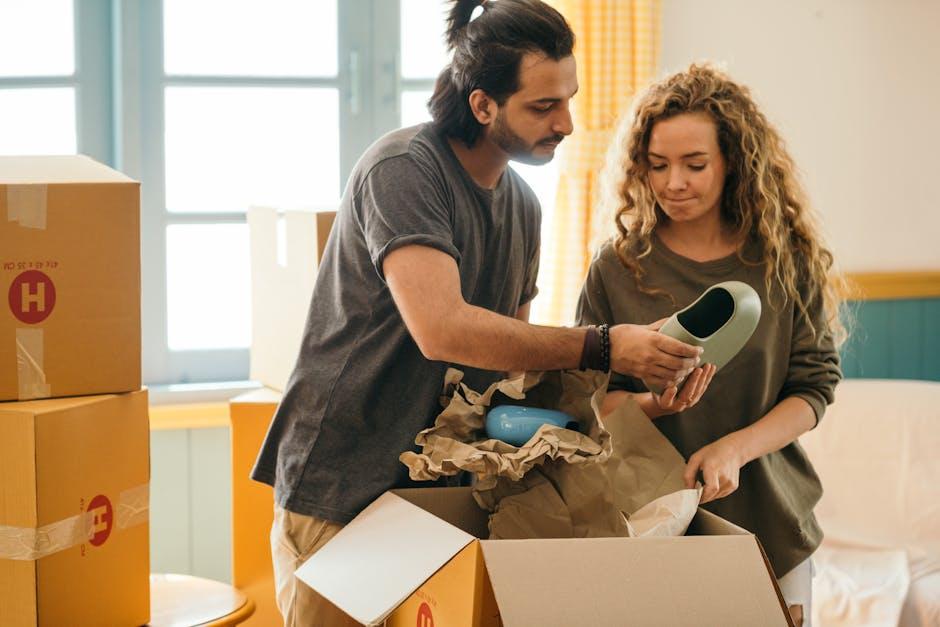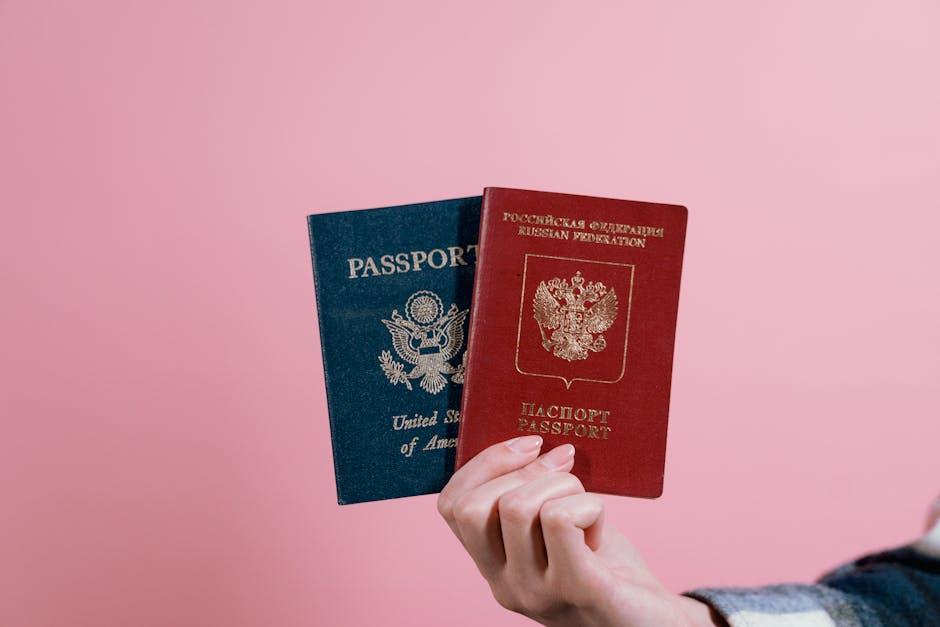In the ever-shrinking world of international travel, borders have become gateways to adventure, cultural exchange, and sometimes, unexpected challenges. As wanderers set their sights on distant horizons, they often find themselves face-to-face with the intricate maze of customs regulations—a realm where every stamp, declaration, and inspection can make or break a journey. “” offers a compass for this complex terrain, providing seasoned insights and practical advice to ensure your passage is as smooth as the journey itself. Whether you’re a first-time traveler or a seasoned globetrotter, this guide unravels the mysteries of customs protocols, empowering you to move seamlessly from one world to the next. Join us as we explore the art of navigating strict customs with confidence and ease, turning potential obstacles into mere stepping stones on your path to discovery.
Understanding Customs Regulations and Requirements
When it comes to international travel, understanding the intricate web of customs regulations can be the difference between a smooth journey and a logistical nightmare. These rules, which vary significantly from one country to another, dictate what you can and cannot bring across borders. To make your travels more seamless, it’s crucial to be aware of restricted items, duty-free allowances, and any documentation requirements specific to your destination. Familiarizing yourself with these guidelines can prevent unnecessary delays and fines, ensuring a hassle-free travel experience.
- Research Ahead: Always check the customs website of your destination country for the latest regulations.
- Declare Everything: When in doubt, declare items to avoid penalties.
- Understand Duty-Free Limits: Know the limits for duty-free goods to avoid extra charges.
- Keep Receipts Handy: Retain purchase receipts for items you intend to bring back, as proof of value may be required.
- Stay Informed: Be aware of global events that might affect customs regulations, such as health advisories or trade restrictions.
Essential Documentation and Declarations
When journeying through the maze of stringent customs, having the right paperwork in hand can be the key to a smooth transition. Proper documentation is not just a recommendation, but a necessity. Start by ensuring your passport is valid for at least six months beyond your intended stay, and check if a visa is required for your destination. It’s wise to carry multiple copies of your travel itinerary and hotel bookings. These documents can be essential when authorities need proof of your travel plans.
Moreover, customs declarations can often be a source of confusion. To simplify the process, prepare a list of items you need to declare. Commonly declared items include:
- High-value electronics
- Large amounts of currency
- Food items, especially fresh produce or meat
- Medicines with specific restrictions
Being transparent and thorough in your declarations can prevent unnecessary delays and fines. Remember, each country has its own set of rules, so a little research beforehand can save you a lot of trouble.

Packing Smart: What to Bring and What to Leave Behind
When preparing for a trip, especially when navigating through strict customs, it’s crucial to pack efficiently and thoughtfully. Choosing the right items to bring can save you time, stress, and potential fines. Here’s a quick guide to ensure you breeze through customs with ease:
- Essential Documents: Always carry your passport, visa (if required), and any other necessary travel documents in a secure, easily accessible place.
- Medicines and Prescriptions: Bring any necessary medications in their original packaging, along with prescriptions or doctor’s notes to avoid any misunderstandings.
- Gadgets and Chargers: While electronics are indispensable, make sure to only pack what you truly need. Don’t forget universal adapters and chargers!
On the flip side, there are items best left at home to avoid complications:
- Prohibited Foods: Many countries have strict regulations regarding the import of food items. It’s best to leave any perishable goods behind.
- Excessive Liquids: Adhere to the airline’s liquid restrictions to prevent delays during security checks.
- Valuable Jewelry: Consider leaving expensive items at home to minimize the risk of loss or theft during your travels.

Strategies for Smooth Interactions with Customs Officials
Engaging with customs officials can often feel daunting, but a few well-considered strategies can transform this interaction into a seamless experience. Preparation is key: before your trip, ensure you have all necessary documentation organized and easily accessible. This includes your passport, visa, and any other required paperwork. Being transparent about the items you are bringing into the country will also help to avoid any unnecessary scrutiny.
Politeness goes a long way. Approach customs officials with respect and patience, understanding that they are performing a vital role. Avoid making jokes or comments about illegal activities, as these are unlikely to be received well. When asked questions, respond clearly and succinctly to avoid misunderstandings. A little research on the cultural norms and etiquette of the country you are visiting can also be beneficial, ensuring you present yourself in the best possible light.
- Be proactive: Declare items truthfully and voluntarily.
- Dress appropriately: Presenting yourself neatly can influence perceptions.
- Stay calm: If faced with issues, maintain composure and ask for clarification.






























